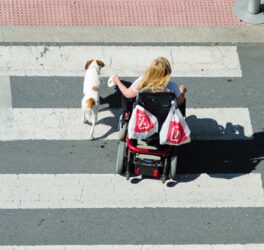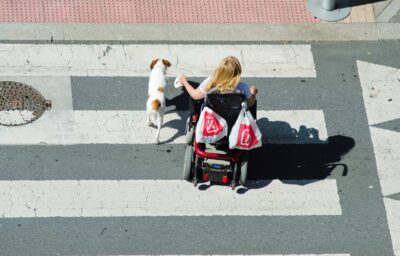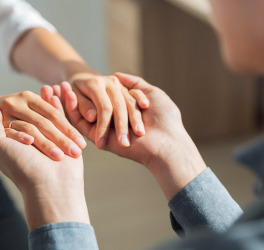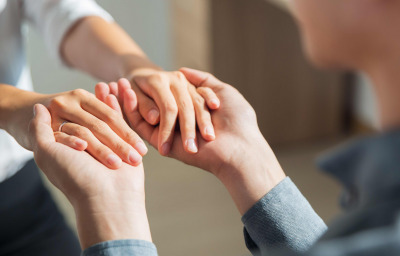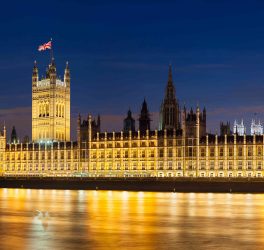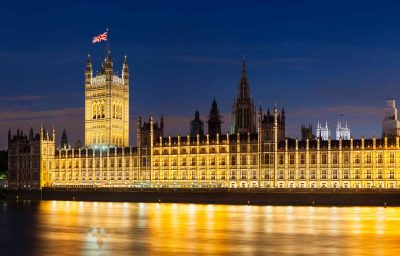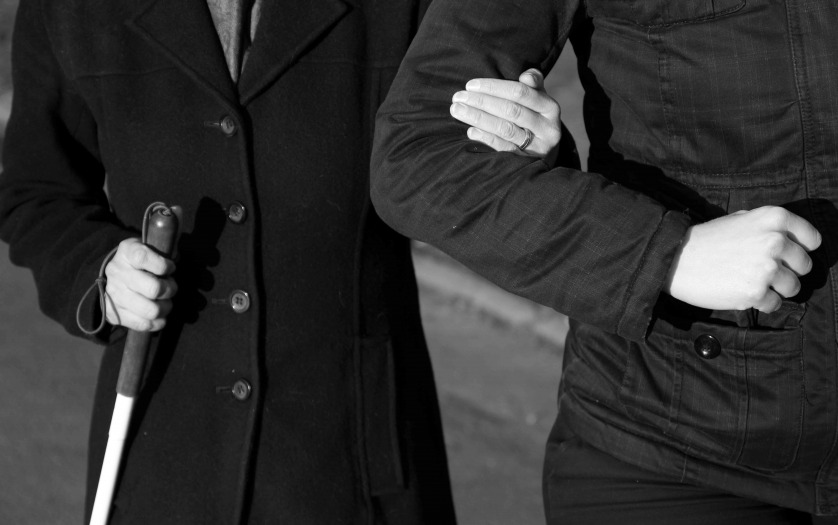
The Department of Health Social Care has issued COVID guidance on September 3, announcing that people with vision disabilities can be guided by people outside their household or support bubble.
Holly Matthies, 38, who is registered blind and uses a cane, relied on her husband for guiding support prior to social distancing restrictions.
“My husband is more vulnerable to COVID, so he’s been shielding. I’m used to being able to get help from him when we’re out, and that’s the way that it’s been for the whole time that we’ve been together.” said Holly.
“Before we had access to priority shopping slots, I had to do all of the shopping, which I hadn’t done before, and I had real difficulties trying to distance from others and follow visual markers in shops.
“I’m still working, and my job requires me to work in person, so I’ve been walking in. That means I come into contact with people all the time. It’s a familiar route, so I can do it myself, but I worry about all the people I walk past.
“It’s nice to know that there’s now help available.”
RNIB has used the government guidance to produce tailored advice for sighted people explaining how to help people with vision disabilities through guiding.
“Restrictions introduced because of coronavirus have had a unique and disproportionate impact on blind and partially sighted people. For those who rely on being guided by others to get out, exercise or to carry out daily tasks, requirements to avoid close contact with people from outside their household has meant that their independence has been drastically reduced.” said Eleanor Southwood, Chair of Trustees, RNIB.

